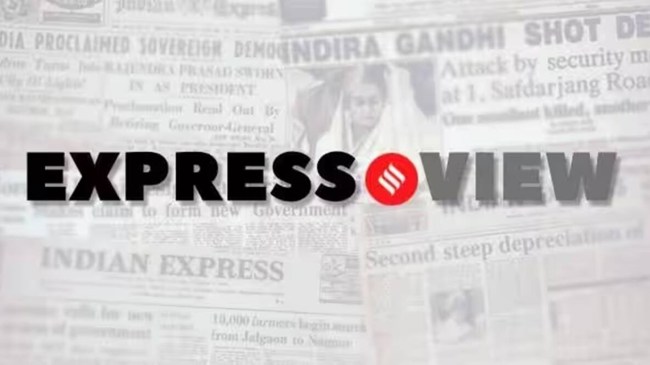Opinion The Third Edit: The hope and disappointment of the internet
Social media has become a battleground — the content-agnostic algorithms, optimised for engagement, seem to divide people as often as they connect them.
 Back in the golden age of the World Wide Web — before “misinformation” became a ubiquitous term and algorithms the enemy of serendipity and even agency — the internet promised to break down barriers.
Back in the golden age of the World Wide Web — before “misinformation” became a ubiquitous term and algorithms the enemy of serendipity and even agency — the internet promised to break down barriers. Over 60 per cent of the world’s population (around 5.5 billion people) is on the internet. And, despite disruptions galore, the sites they are visiting seem to be more or less predictable. According to DataReportal, the top 10 most visited websites in 2025 so far include search engines (Google, Yahoo), social media platforms (Meta’s offerings, X, Reddit) and, unsurprisingly, ChatGPT. India broadly follows the global pattern, with WhatsApp high up on the list. In the seemingly dry list of websites, there is a deeper story about what people want from the internet and how it has, perhaps, not lived up to its promise.
 Back in the golden age of the World Wide Web — before “misinformation” became a ubiquitous term and algorithms the enemy of serendipity and even agency — the internet promised to break down barriers. Knowledge would have no gatekeepers and distance ceased to be a hindrance to communication. A person in the remotest village in South Asia could, theoretically, access lectures from the best physicists in Europe. And a teenaged P G Wodehouse fan could share the joys of Reginald Jeeves and Bertie Wooster with others who get it. In essence, the means to quench the thirst for knowledge and connection, people were promised, was just a click away. And going by the 2025 list — search engines, LLMs that answer questions and social media — people still want the same things.
Back in the golden age of the World Wide Web — before “misinformation” became a ubiquitous term and algorithms the enemy of serendipity and even agency — the internet promised to break down barriers. Knowledge would have no gatekeepers and distance ceased to be a hindrance to communication. A person in the remotest village in South Asia could, theoretically, access lectures from the best physicists in Europe. And a teenaged P G Wodehouse fan could share the joys of Reginald Jeeves and Bertie Wooster with others who get it. In essence, the means to quench the thirst for knowledge and connection, people were promised, was just a click away. And going by the 2025 list — search engines, LLMs that answer questions and social media — people still want the same things.But the halo around the internet has faded. The lack of barriers to entry meant that falsity has become indistinguishable from truth, bad faith actors from the sincere. Social media, in particular, has become a battleground — the content-agnostic algorithms, optimised for engagement, seem to divide people as often as they connect them. And the AI revolution is rife with anxieties about the future of work, art and creativity. Despite the pall, though, there’s still something to the internet: You can always find a Wodehouse fan if you look hard enough.





